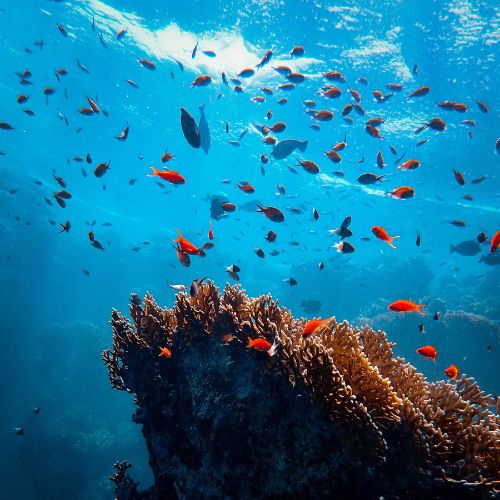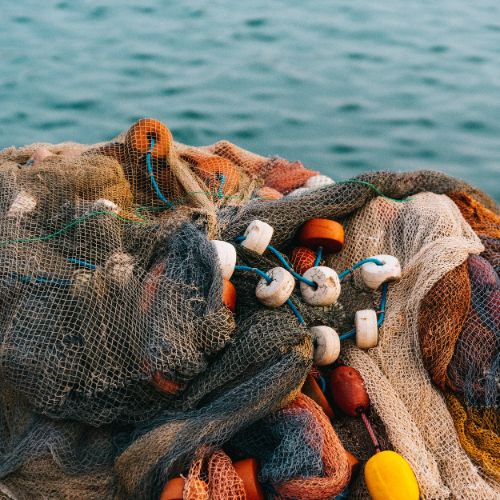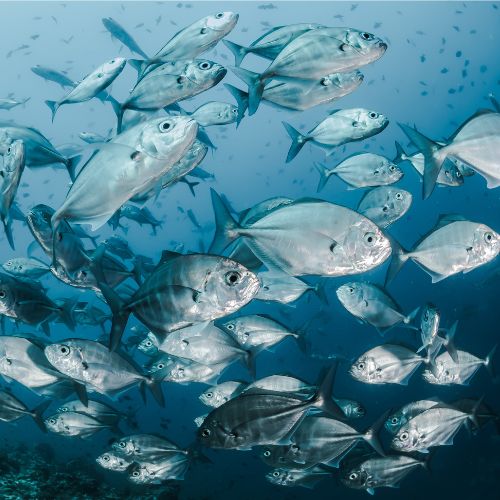Due to the principle of the biological carbon pump mentioned above, large fish such as tuna, mackerel, swordfish or sharks consist of around 10-15% carbon. This makes them considerable carbon stores.
However, industrial fishing disrupts this phenomenon : When fish are caught, the CO2 they contain is released into the atmosphere after a few days or weeks and fish stocks are significantly reduced. This means that the biological carbon pump can no longer work efficiently.
Researchers found that since 1950, fishing has emitted more than 730 million tons of carbon dioxide into the atmosphere by disrupting the biological carbon pump principle. The following example better illustrates these dimensions: In 2014, industrial fishing emitted at least 20.4 million tons of CO2, which is equivalent to the annual emissions of 4.5 million cars.
 Germany
Germany
 Austria
Austria
















